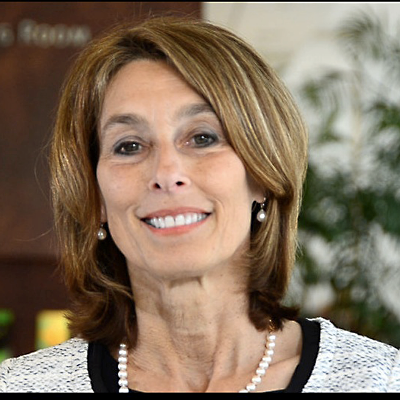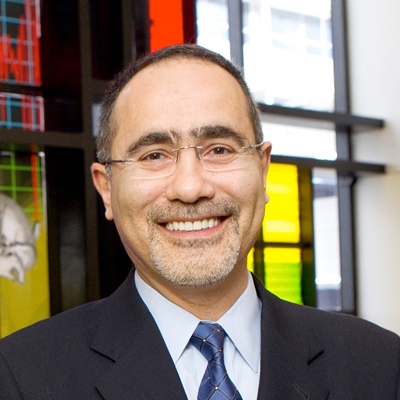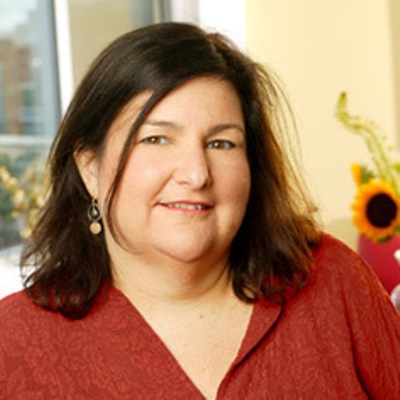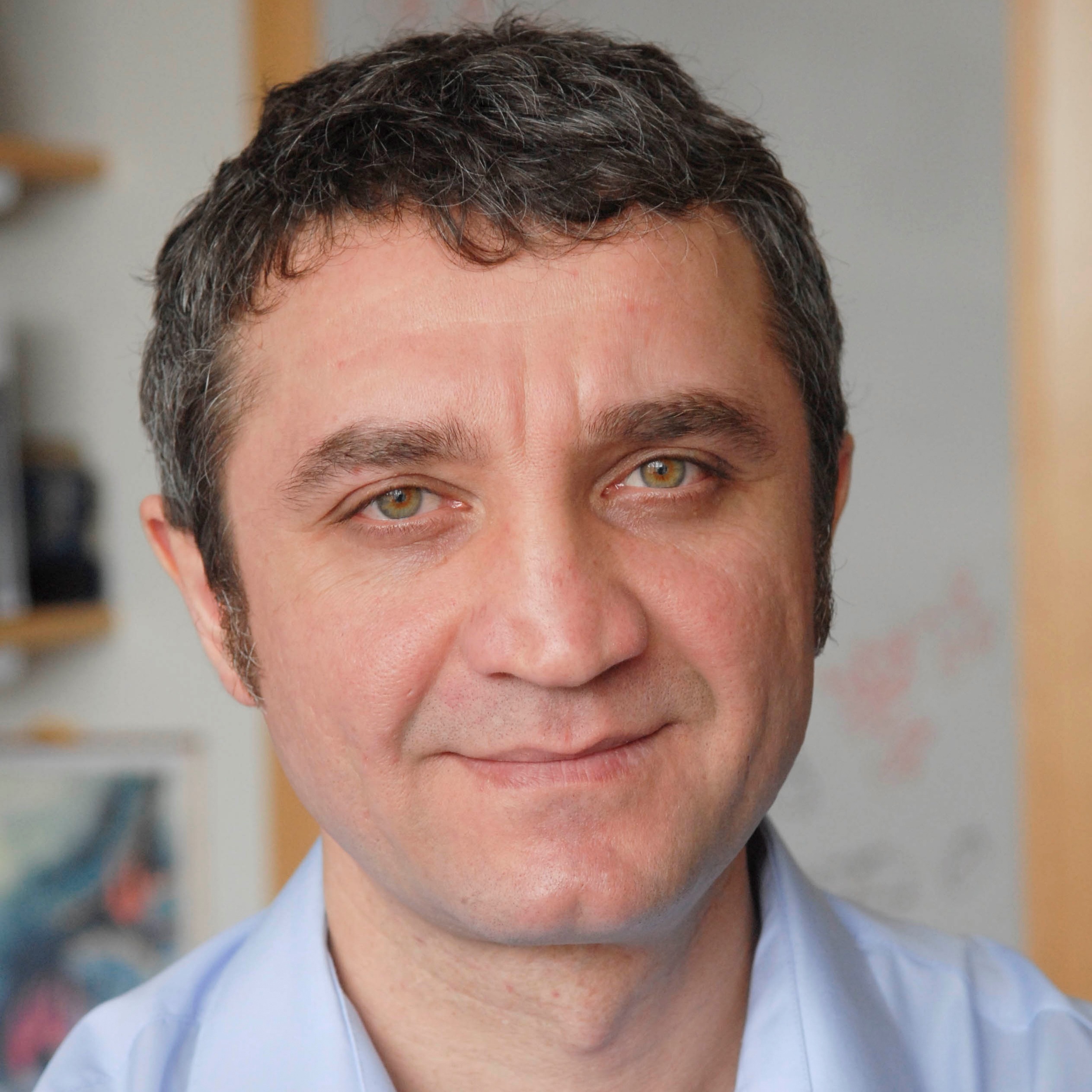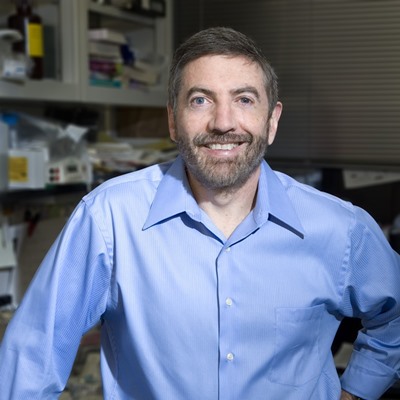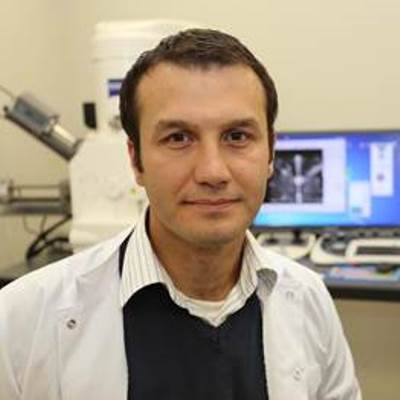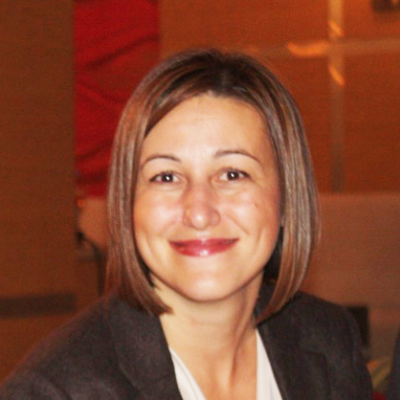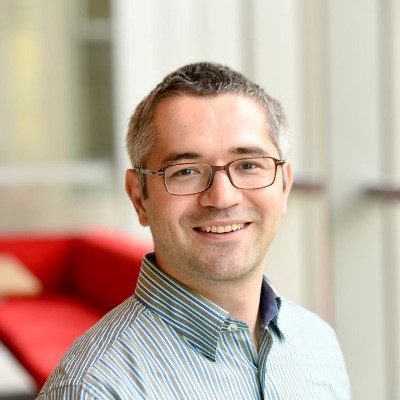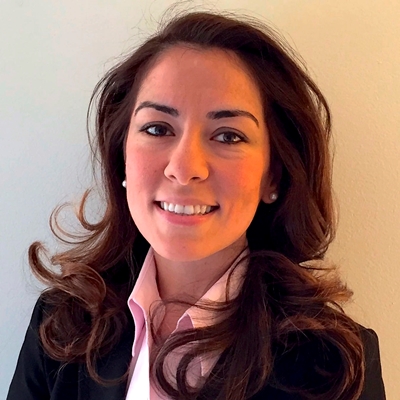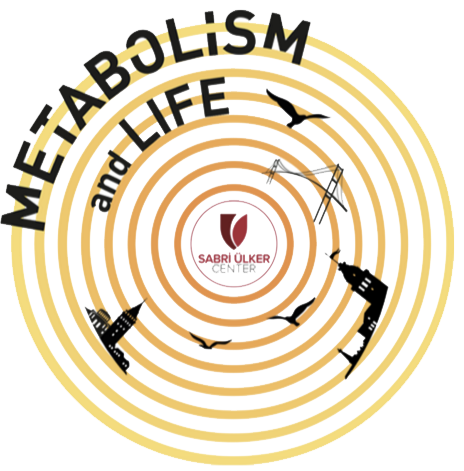


Susanne Mandrup has been Professor at Department of Biochemistry and Molecular Biology, University of Southern Denmark since 2008. She obtained her PhD in Biochemistry from Odense University (now University of Southern Denmark) in 1992 and worked as a post doc in Prof. M. Daniel Lane’s group, Department of Biological Chemistry, Johns Hopkins University, Baltimore 1995-96. She returned to University of Southern Denmark in 1996 as an Assistant Professor. The research in the Mandrup group (http://www.sdu.dk/mandrupgroup) focuses on understanding the molecular cross-talk between transcriptional regulation and metabolism in adipocytes and pancreatic -cells, and in the transcriptional network regulating adipocyte differentiation. Her group runs its own sequencing platform and combines genome-wide studies of transcription factor binding, epigenetic marks and chromatin structure with detailed molecular analyses of the cross-talk between transcriptional regulators.
Susanne Mandrup has coordinated several national and international research initiatives and is one of the leading figures in the newly established Danish Diabetes Academy (http://www.danishdiabetesacademy.dk/). She is member of The Medical and Natural Science Committee of the Novo Nordisk Foundation, and chairman of the European Research Council Consolidator panel for Genetics, Genomics, Bioinformatics and Systems Biology. She is member of AcademiaNet – Expert Database for Outstanding Female Scientists and Scholars, and of Academia Europeaea.
Glucose-induced transcriptional programming of the β-cell genome
Pancreatic β-cells are highly sensitive to nutrients and to glucose in particular. Nutrients trigger not only insulin secretion but also lead to adaptive changes in gene expression that can either promote or antagonize the function and proliferative potential of β-cells. We have generated time-resolved profiles of enhancer and transcriptional activity in response to glucose in the INS-1E pancreatic β-cell line. Our data demonstrate a biphasic response with a first transcriptional wave during which metabolic genes are activated, and a second wave where cell cycle genes are induced and β-cell identity genes are repressed. We show that the glucose-sensing transcription factor, carbohydrate response element binding protein (ChREBP), acts as a master regulator of the entire transcriptional response to glucose, and as direct activator of the first phase genes. Importantly however, repression and activation of second wave genes by ChREBP is indirect. By integrating motif enrichment within late-regulated enhancers with expression profiles of the associated transcription factors, we identify multiple regulators of the second wave, including RAR-related orphan receptor (ROR) γ, which is necessary for full glucose-induced proliferation of both INS-1E and primary rat β-cells.

